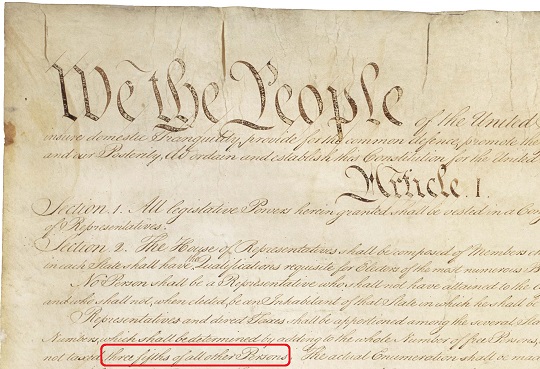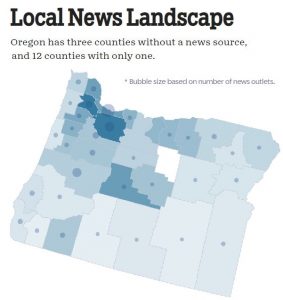League of Women Voters shares the Bill of Rights
3 min read
As the Eugene City Council reminds the public that speakers can be removed based on ‘disruptive language,’ the League of Women Voters offers a quick refresher course. To start the June 27 meeting, Mayor Lucy Vinis.
[00:00:13] Mayor Lucy Vinis: As a reminder the council’s meeting rules of conduct include: no flags, signs, loud or disruptive language, noise, or conduct that obstructs the business of the council.
[00:00:24] John Q: From the League of Women Voters of Lane County, Charlcie Kaylor.
[00:00:28] Charlcie Kaylor: I’m Charlcie Kaylor, president of the League of Women Voters of Lane County. Tonight, we’re honored to present the Bill of Rights in anticipation of the celebration of our nation’s independence on July 4th.
[00:00:40] Here to read the Bill of Rights are Leaguers Charles Crawford, Leah Murray, and Veronika Walton.
[00:00:46] Charles Crawford: Good evening mayor and council members. My name is Charles Crawford.
I’m reading the First Amendment. ‘Congress shall make no law respecting an establishment of religion, or prohibiting the free exercise thereof; or abridging the freedom of speech, or of the press; or the right of the people peaceably to assemble, and to petition the Government for a redress of grievances.’
[00:01:11] Second Amendment: ‘A well regulated Militia, being necessary to the security of a free State, the right of the people to keep and bear Arms, shall not be infringed.’
[00:01:22] The Third Amendment: ‘No Soldier shall, in time of peace be quartered in any house, without the consent of the Owner, nor in time of war, but in a manner to be prescribed by law.’
[00:01:35] And the Fourth Amendment: ‘ The right of the people to be secure in their persons, houses, papers, and effects, against unreasonable searches and seizures, shall not be violated, and no Warrants shall issue, but upon probable cause, supported by Oath or affirmation, and particularly describing the place to be searched, and the persons or things to be seized. ‘
[00:02:02] Leah Murray: My name is Leah Murray. I shall be reading the Fifth and Sixth Amendments.
[00:02:06] The Fifth Amendment: ‘No person shall be held to answer for a capital, or otherwise infamous crime, unless on presentment or indictment of a Grand Jury, except in cases arising in the land or naval forces, or in the Militia, when in actual service in time of War or public danger; nor shall any person be subject for the same offence to be twice put in jeopardy of life or limb; nor shall be compelled in any criminal case to be a witness against himself; ‘— or herself— ‘nor be deprived of life, liberty, or property, without due process of law; nor shall private property be taken for public use, without just compensation.’
[00:02:45] The Sixth Amendment: ‘In all criminal prosecutions, the accused shall enjoy the right to a speedy and public trial, by an impartial jury of the State and district wherein the crime shall have been committed, which district shall have been previously ascertained by law, and to be informed of the nature and cause of the accusation; to be confronted with the witnesses against him; to have compulsory process for obtaining the witnesses in his favor, and to have the Assistance of Counsel for his defence.’
[00:03:15] Veronika Walton: My name is Veronika Walton and I’m reading the Seventh to the Tenth.
[00:03:19] The Seventh Amendment says: ‘In Suits at common law, where the value in controversy shall exceed twenty dollars, the right of trial by jury shall be preserved, and no fact tried by a jury, shall be otherwise re-examined in any Court of the United States, than according to the rules of the common law.’
[00:03:35] The Eighth: ‘Excessive bail shall not be required, nor excessive fines imposed, nor cruel and unusual punishments inflicted.’
[00:03:44] The Ninth Amendment: ‘The enumerations in the Constitution of certain rights, shall not be construed to deny or disparage others retained by the people.’
[00:03:53] And the Tenth Amendment reads: ‘The powers not delegated to the United States by the Constitution, nor prohibited by it to the States, are reserved to the States respectively, or to the people.’
[00:04:07] John Q: The first ten amendments—the Bill of Rights—had to be added later because they weren’t in the original.
[00:04:13] And one important right is still missing. The 1787 Constitution of the United States did not extend rights to women, and it still does not.







